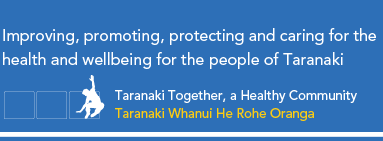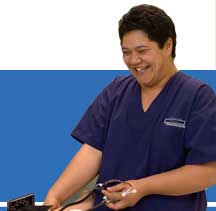What should my CV say?
Here are the main things you need to include:
Personal details
Write your full name, address, email address and phone number.
Career or personal objective
State your goal and the skills that make you suitable. For example ‘I’m looking for a career, preferably outdoors, where I can develop my skills. I’m hardworking, strong, versatile and in good health.’
Work experience
List the jobs you’ve had, including part-time and voluntary work, starting with the most recent. Write the job title, the employer’s name, the date you started and finished, and a brief description of what your duties included.
Skills and abilities
List your work-related skills and abilities. Some of these might be skills you learnt outside work. You may like to include unpaid, community or family work and say how these skills might suit the job you’re applying for.
Education and training
List your schooling and other training. Give details of technical and trade certificates, and any study or courses you’ve done.
Hobbies and interests
Give brief details of your hobbies and interests. You could also include any voluntary work you’ve been involved with.
Referees
List two to three people who can talk about how well you’ve worked in the past, but check with them first if it’s alright to put them as referees. They may be former employers or someone from work or your community who can vouch for you. Write their name, company or organisation they work for, position and contact details.
A future employer may want to contact your referees to verify what you’ve written in your CV and answer any questions they may have about you.
Issues with work history
An employer looks at your work history to see if you’re suitable for the job. If you don’t have specific experience for the job, highlight relevant skills and include your other experience. If you have a gap in your work history, include a short sentence to say what you did and the skills you developed during that time.
You don’t have to say in your CV why a job ended. However if you’ve had lots of jobs, have been out of work for a while, or have gaps in your work history, you may be asked about it and should have a brief explanation ready.
How to write your CV
There are two main ways to write a CV.
Functional CV
A functional CV matches your skills to the job you’re applying for. It focuses on what you have done, not where and when you did it.
Use this format if:
- you're entering work for the first time or haven’t worked in a long time
- you have long gaps in your work history or your work history has been varied and unrelated
- you’re applying for a different type of job
- you’re an older worker, as it minimises the use of dates.
Chronological CV
A chronological CV records all your jobs and training in order, starting with the most recent. With this type of CV you show experience first and give details of work tasks.
Use this format if you want to:
- continue in the same career path
- highlight career progression or a steady employment history
- emphasise loyalty or how recent your experience is.
Some guidelines to help you write your CV
- keep it short, up to a maximum of four pages
- list your best skills first
- use plain, simple language
- avoid jargon and abbreviations that might be unfamiliar to employers
- avoid long sentences and use lots of bullets and key phrases
- be positive and enthusiastic
- check your spelling and grammar and get someone else to check it too
- make it relevant to the job you’re applying for.




